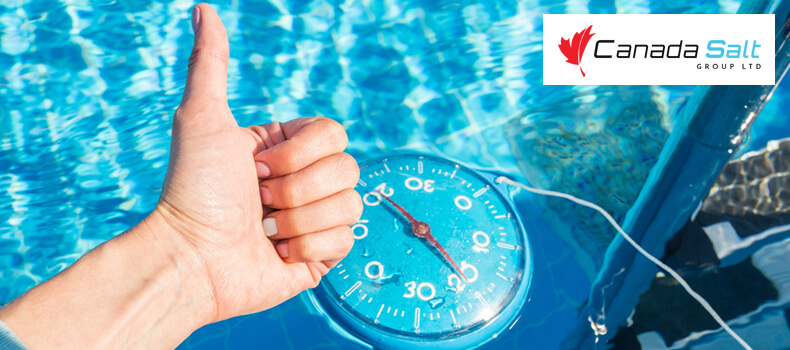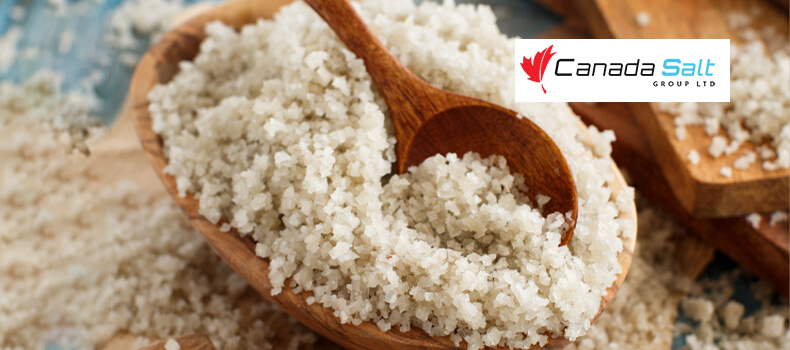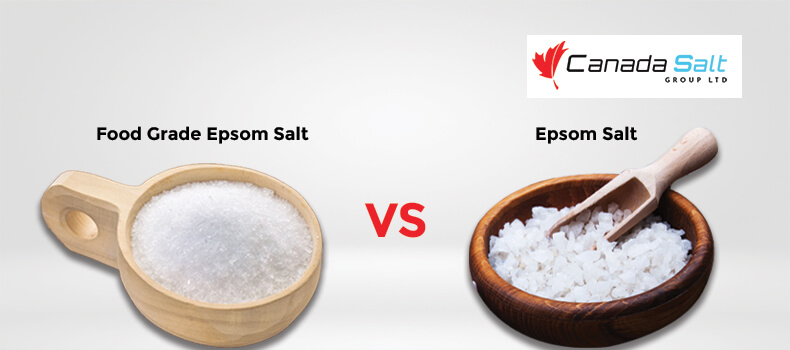Guidelines for Safe Handling of Pool Salt
During hot summer days, swimming pools are a refreshing oasis. Keeping the pool clean and well-maintained is important for the safety and health of the swimmers. One of the popular methods, eco-friendly and alternative to chlorine-based sanitizers for water treatment, is pool salt. Pool salt is generally safe if used correctly; otherwise, it can lead to potential hazards. This article will explore the guidelines for safe handling of pool salt and ensuring an enjoyable swimming experience.
Understanding Pool Salt
Pool salt is a crystal substance which is also called sodium chloride, used to produce chlorine by electrolysis. The chlorine helps in sanitizing and disinfecting the pool water and provides a milder and skin-friendly swimming environment.
Importance of Pool Salt for Water Maintenance
Pool salt helps stabilize the pool’s pH level, preventing rapid fluctuations that may lead to water imbalance. Pool salt plays a vital role in maintaining the water quality of swimming pools by eliminating harmful bacteria and algae, ensuring the water remains safe and clean for swimmers.
Health and Safety Precautions Before Handling Pool Salt
1. Read the Product Label
Each brand may have specific recommendations for handling, storage, and application. Carefully read and follow the manufacturer’s instructions and safety guidelines before using any pool salt product.
2. Personal Protective Equipment (PPE)
Always wear appropriate Personal Protective Equipment, gloves, and safety goggles when handling pool salt. These items protect your skin and eyes from possible injury or irritation.
3. Handling in a Well-Ventilated Area
Handle pool salt in a well-ventilated area to avoid inhaling fumes or dust. Proper ventilation reduces the risk of respiratory issues related to exposure to sodium chloride.
4. Avoid Direct Contact with Skin and Eyes
Direct contact of pool salt to the skin should be kept minimum. If the salt touches the skin, wash it off immediately with water. If the pool salt comes into contact with the eyes, flush them with water immediately for at least 15 minutes and seek medical attention.
5. No Eating or Drinking During Handling
Avoid eating or drinking while handling pool salt to prevent accidental ingestion, which can lead to health complications.
Storage of Pool Salt
1. Proper Storage Containers
Avoid transferring pool salt to inappropriate containers and store it in its original, tightly sealed container to prevent contamination and maintain quality.
2. Away from Children and Pets
The bright appearance of pool salt crystals may attract young minds or animals. Keep pool salt out of reach of children and pets.
3. Dry and Cool Environment
Pool salt’s effectiveness and quality can be affected by moisture. Prevent the pool salt from clumping and deterioration by storing it in a dry and cool environment.
Spill and Accident Response
1. Immediate Action
To minimize potential hazards, take immediate action in case of spills or accidents involving pool salt. Keep others away from the affected area.
2. Cleaning Up Spills
Carefully clean up pool salt spills using proper tools and personal protective equipment. Avoid sweeping, as this may create dust, making the situation worse.
3. Disposal of Spill Waste
Do not dispose of pool salt by pouring it down drains or in regular trash. Dispose of spill waste according to local regulations and guidelines.
Safe Pool Salt Application
1. Following the Manufacturer’s Instructions
Strictly follow the manufacturer’s recommended dosage when using pool salt as a water sanitizer. Overusing pool salt can create water imbalance and potential health hazards.
2. Mixing and Dissolving Pool Salt
To prevent accumulation and ensure even distribution, dissolve pool salt in a bucket of water before adding it to the pool.
3. Gradual Addition to the Pool
Avoid adding large amounts all at once. Add salt to the pool gradually and in small amounts, allowing it to dissolve thoroughly.
4. Rechecking Chemical Levels
Regularly check the pool’s chemical levels after adding salt to ensure safety and proper water balance.
Potential Hazards of Pool Salt Mishandling
1. Skin Irritation and Burns
If ignored, direct contact with pool salt can cause skin irritation and chemical burns. Proper safety measures must be taken to prevent such incidents.
2. Eye Irritation and Injuries
Severe irritation and injury can happen if pool salt comes into contact with the eyes. If this occurs, immediate and appropriate action should be taken.
3. Ingestion Risks
Always keep pool salt away from food and beverages and store it safely. Ingesting pool salt can lead to various health problems.
Treating Pool Salt Injuries
1. Skin and Eye Exposure
Immediately flush the affected area with water. If the pool salt comes in contact with the skin or eyes, seek medical attention.
2. Ingestion Accidents
Seek immediate medical assistance in case of accidental ingestion of pool salt, and do not induce vomiting.
Conclusion
Pool salt can be an excellent option for water sanitization for pool maintenance and provides a pleasant swimming experience. However, handling pool salt requires careful attention to safety guidelines and proper storage. Following the outlined guidelines allows pool owners to enjoy a well-maintained pool while minimizing potential hazards. Canada Salt Group Ltd is the largest salt supplier in Canada and has the best quality pool salt available in the industry. Contact us for a free quote or call us for assistance.





